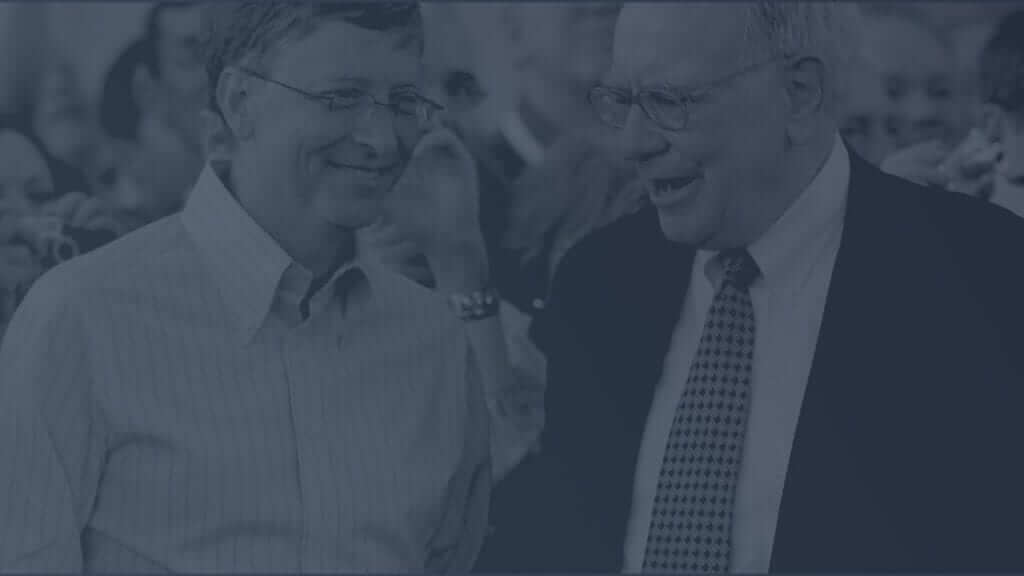Entrepreneurs are by their very nature change makers. They see a problem and they find a solution. The good ones are able to leverage that into a successful business that not only solves a problem for their clients but provides a living for tens, hundreds or thousands of employees.
The greatest philanthropists of past and modern times are entrepreneurs. Not happy with just addressing the problems of their clients, or even their industries they turn to bigger social problems. But rarely are they content to just give money to mis-managed charities and NGO’s. In the 1800’s Rockefeller managed his giving ‘as if it were a business’ and that approach is being mirrored by the giants of modern day philanthropy, Warren Buffett and Bill Gates.
7 out of 10 entrepreneurs plan to give to, or become more involved with, philanthropy when they exit or are able to realise some of the value in their business. That alone is a strong reason we should be creating more liquidity for small business owners. Yet entrepreneurs don’t need to exit to make a difference. Nearly 4 out of every 5 entrepreneurs say that giving is a critical part to who they are today. And Entrepreneurs typically give 50% more than others. Perhaps more importantly, increasingly entrepreneurial ventures are starting with the desire to solve some of humanity’s biggest problems.
Larry Page has said he would rather leave his billions to Elon Musk and his efforts than a traditional charity.
Investing in the right entrepreneurs can have outsized returns for our planet and our children.
Author: Callum Laing
@LaingCallum
Linkedin.com/in/CallumLaing/





























